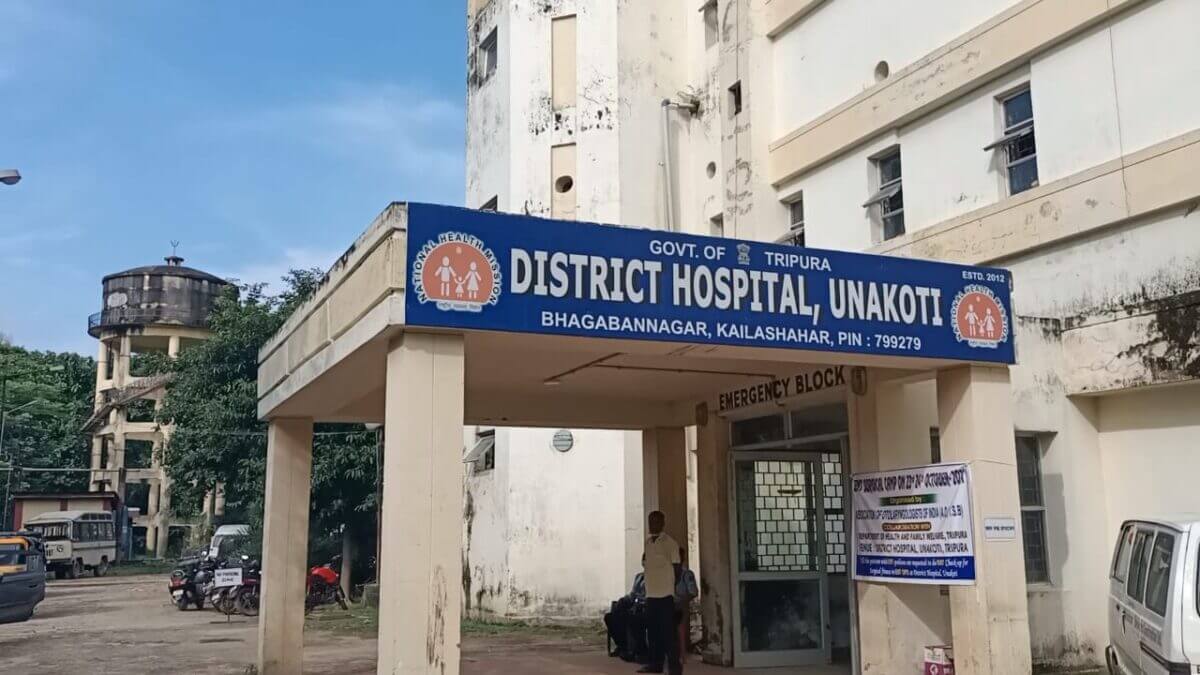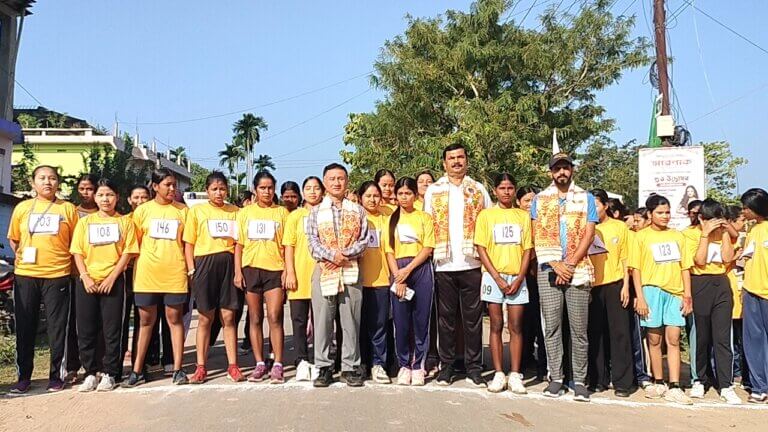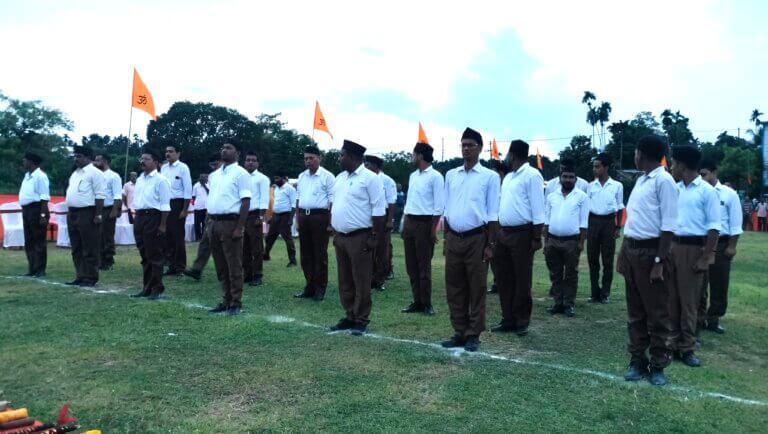
✍️Anupam Pal
Unakoti District Hospital has become a symbol of prolonged neglect. Fevered bodies, aching limbs, prescriptions in hand—yet patients are forced to return empty-handed. The reason? The ‘Jan Aushadhi Kendra’ at the Bhagaban Nagar-based district hospital has remained shut for an extended period. While both state and central governments repeatedly claim to bring relief to the poor, the reality tells a different story—one of glaring administrative apathy devoid of accountability.
The concept of a Jan Aushadhi Kendra is to provide generic medicines at government-regulated, affordable prices—a lifeline for underprivileged patients. The very objective of the Pradhan Mantri Bhartiya Jan Aushadhi Pariyojana (PMBJP) is to “ensure access to affordable medicines for all.” However, the Jan Aushadhi Kendra at Kailashahar District Hospital has remained closed for years. As a result, poor patients are compelled to purchase expensive medicines from outside pharmacies. In many cases, due to financial constraints, patients return home without medicines—often turning to traditional healers or home remedies instead.
The situation becomes even more troubling when one considers that despite a clear order from the health authority on March 17, 2025, the center is still not operational. According to the order, a local businessman named Md. Nurul Amin Khadim was allotted a ward and was supposed to start operations within three months (i.e., by June 17). Yet, to this day, there is no sign of the center opening.
Sources claim that due to a lack of necessary documentation, the final approval to open the center is still pending. Alarmingly, it is reported that an internal nexus within the hospital may be deliberately delaying the process and pushing to extend the deadline by another month beyond the original three-month period.
This raises serious questions—how can such delays be tolerated despite an official government order? Whose interests are being protected by keeping the center locked? Are poor patients being forced to shoulder unbearable medical expenses just to benefit private pharmacies? A more pressing question—are some influential doctors in the hospital colluding with major pharmaceutical companies behind the scenes?
When contacted by phone, the hospital’s Superintendent Dr. Rohan Pal stated, “We are trying to open the center as soon as possible. The allotted individual is still within the timeframe. We hope it will open soon.” But the public demands action, not assurances.
Despite crores of rupees being spent on hospital infrastructure in the name of development, if even a single medicine shop cannot be opened without bureaucratic delays, one must ask—who is this development really for? The poor patients or the pharmacy owners? All eyes are now on whether the order will be implemented by June 17, or whether yet another excuse will bury the cries of those in need.
Many citizens argue that if the government truly intends to serve the public interest, it should ensure the center opens on time and demonstrate real accountability. Otherwise, this unfortunate reality will remain a hollow mask behind the façade of “health development” propaganda.



